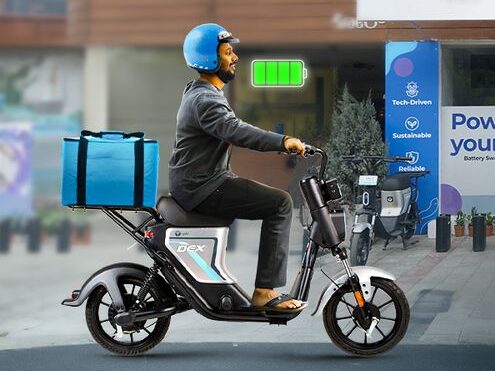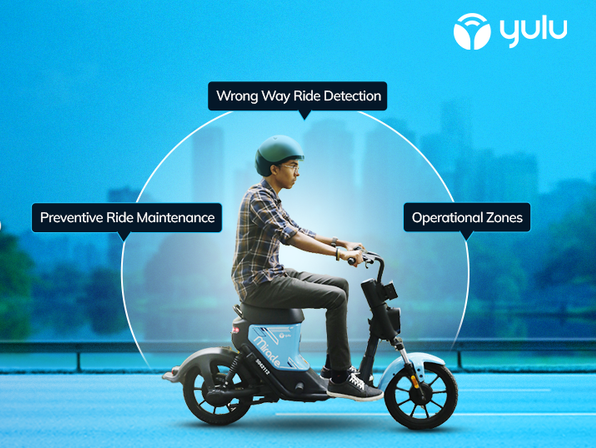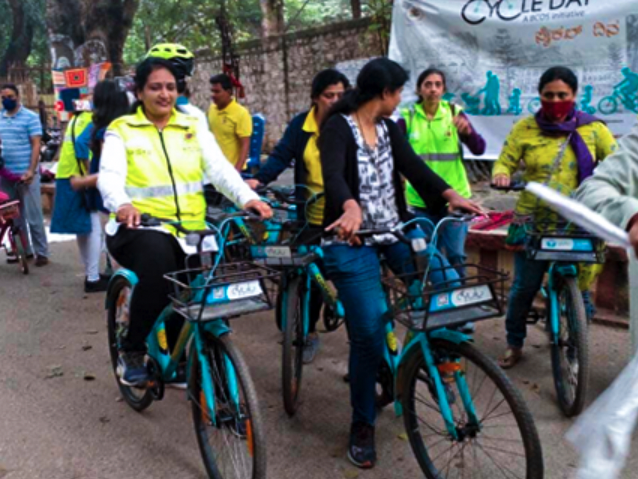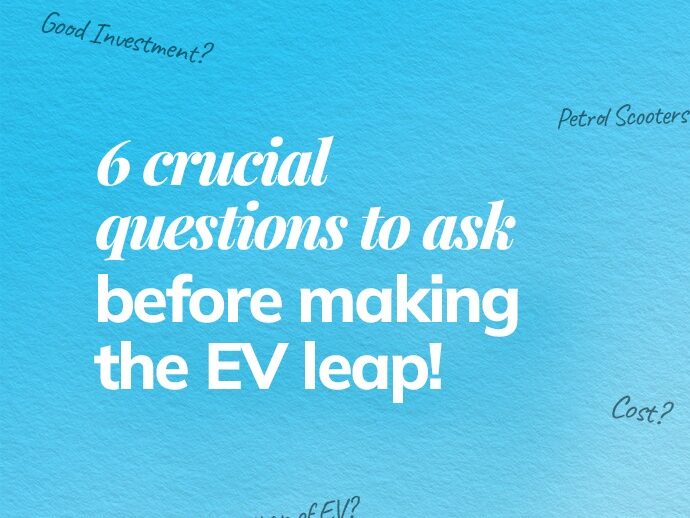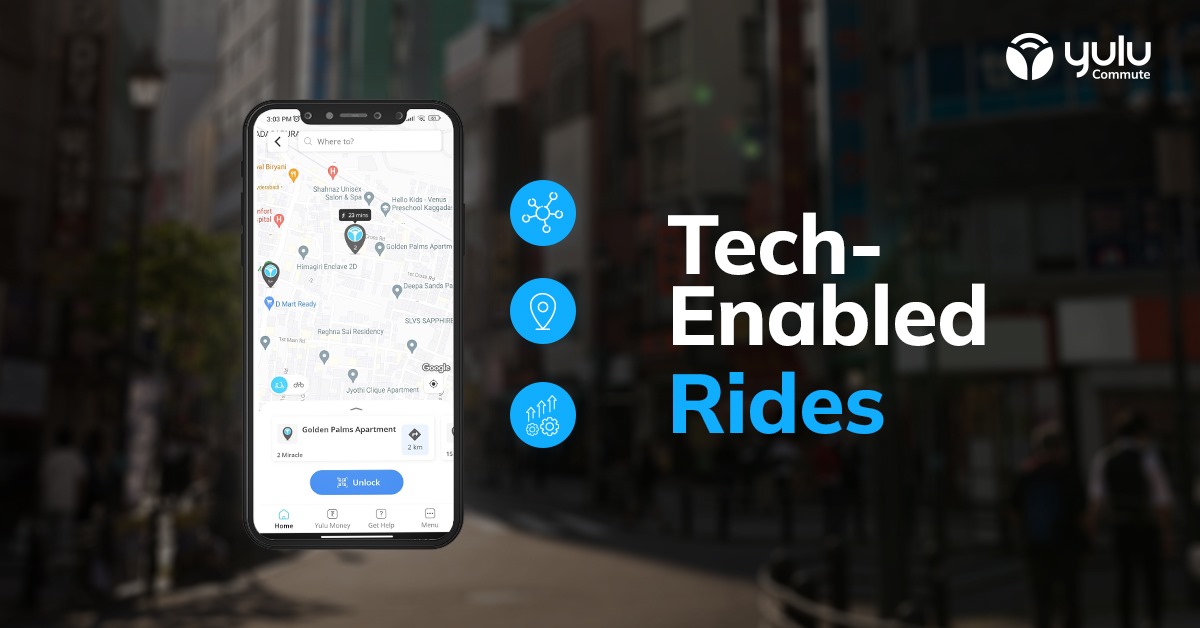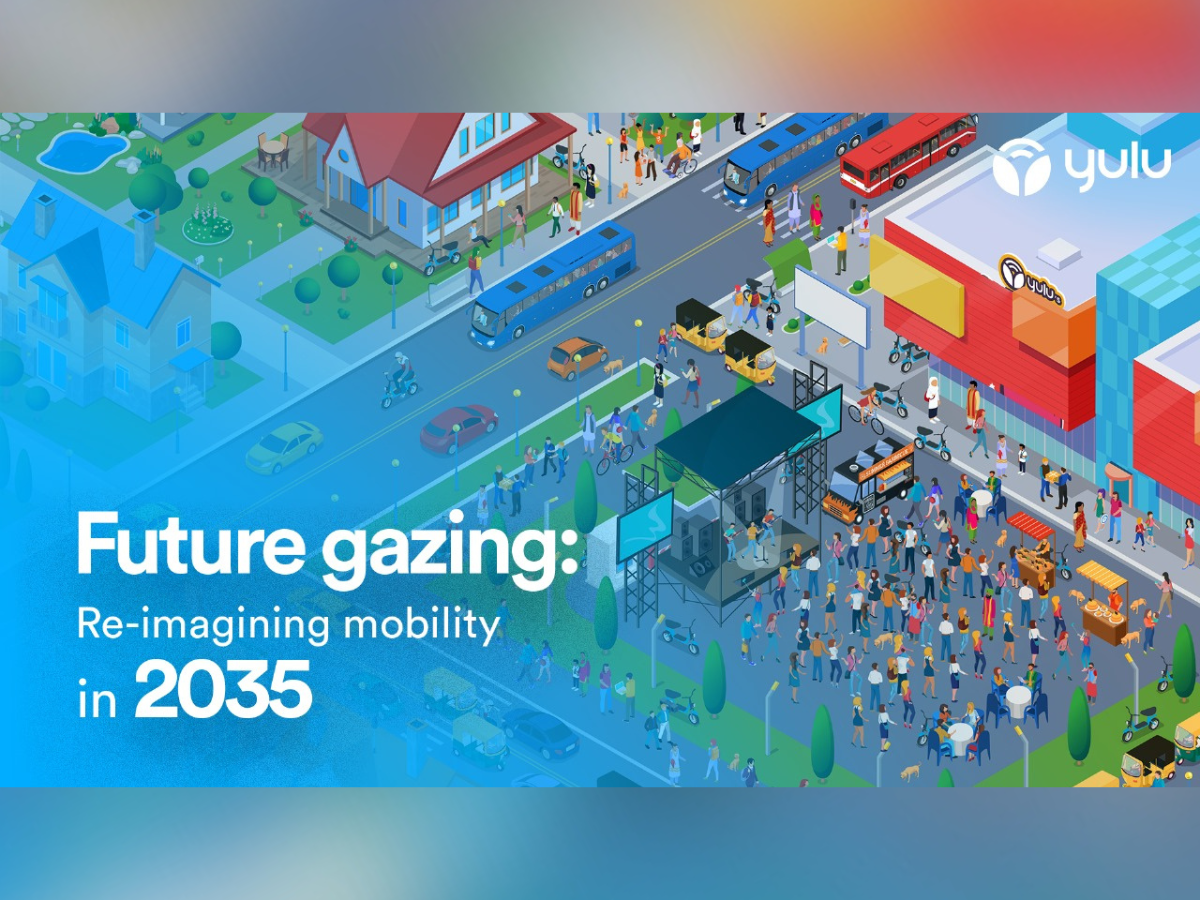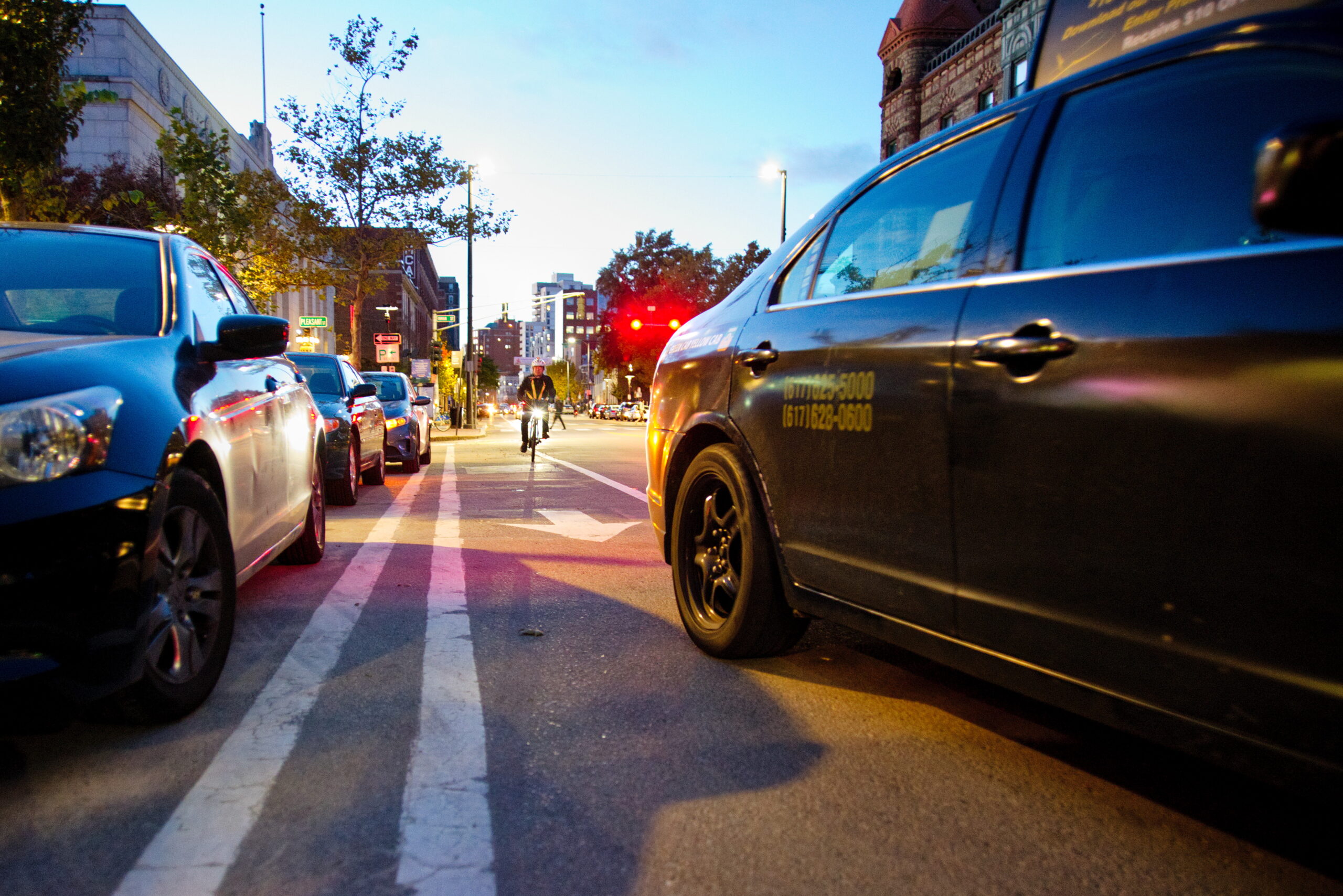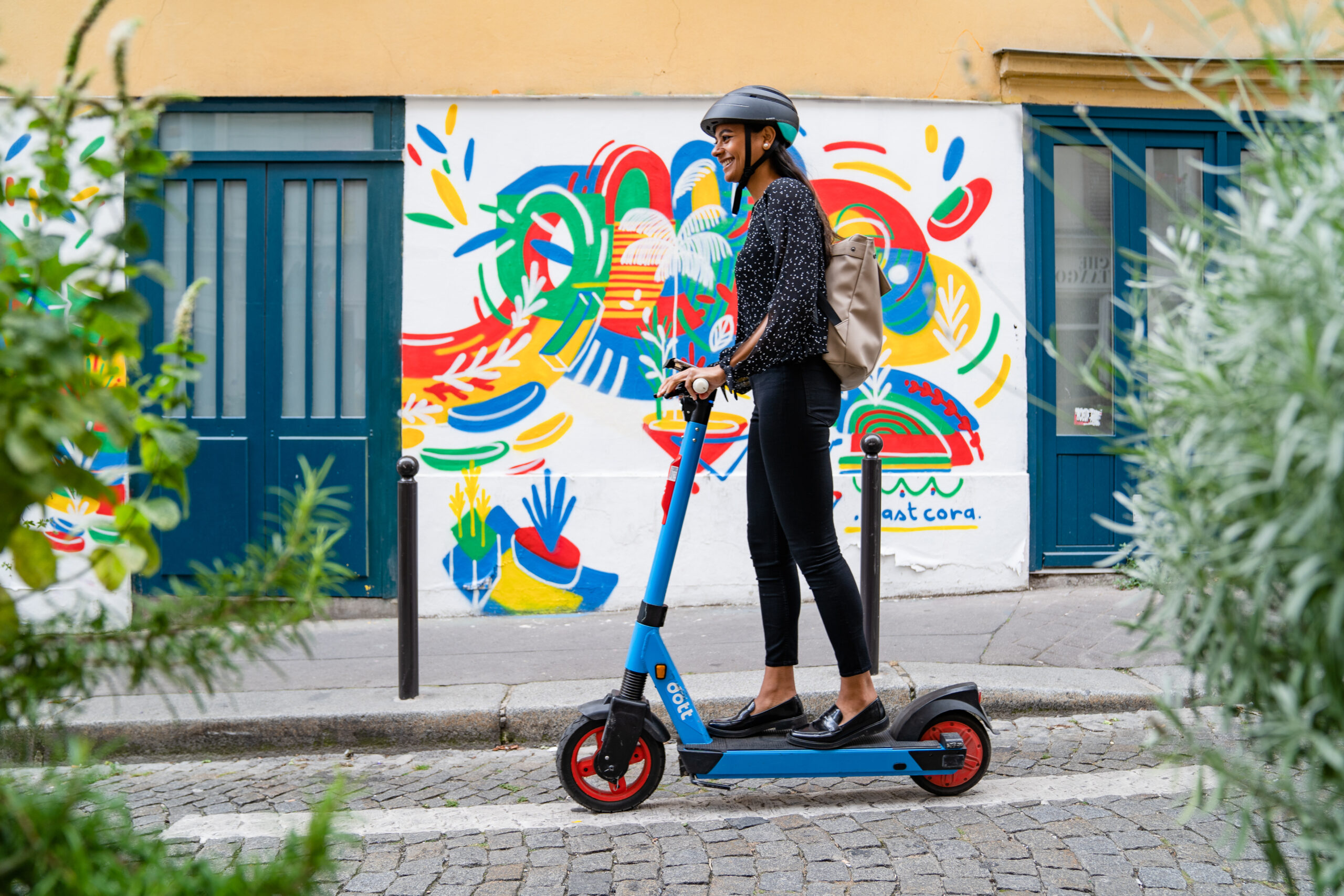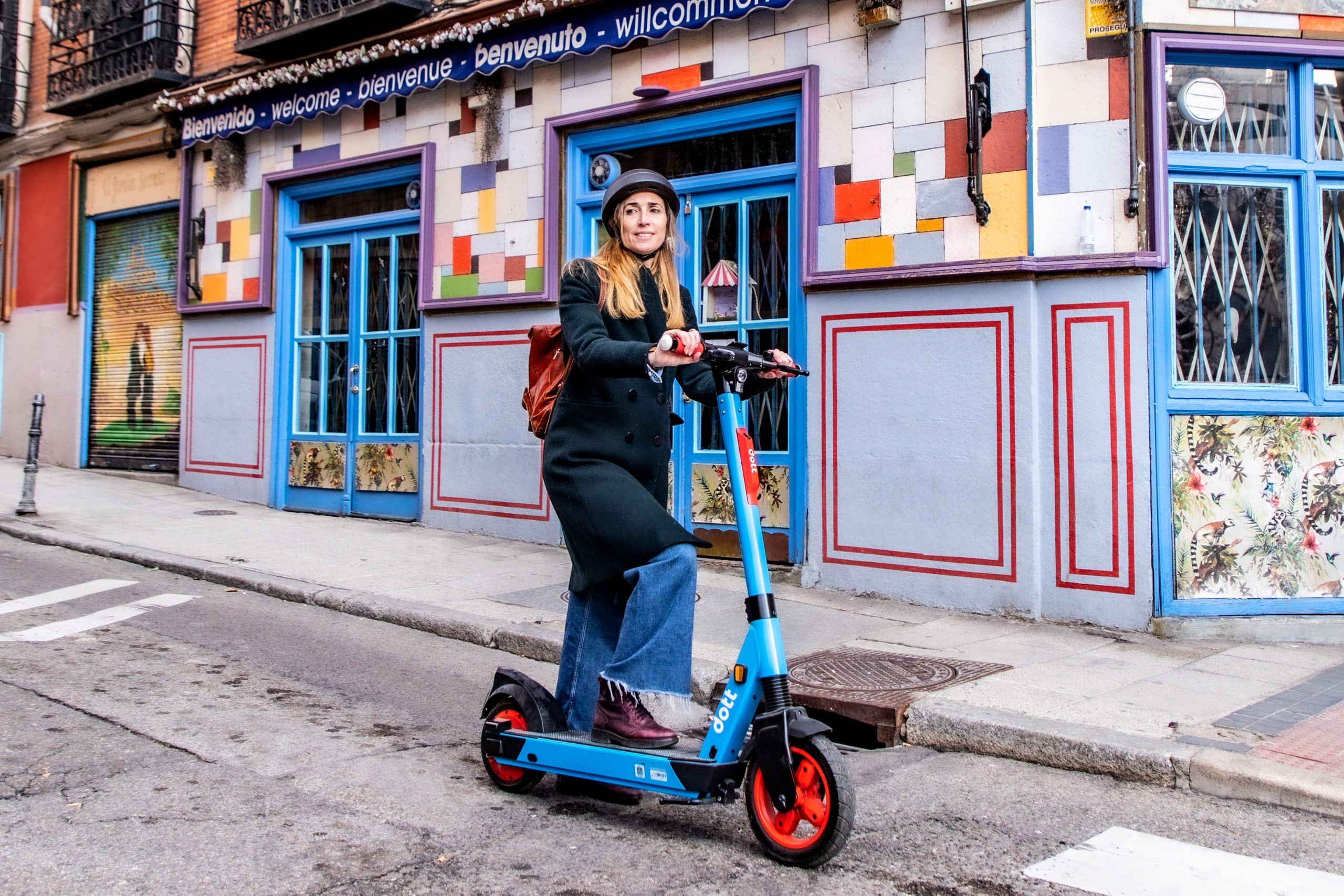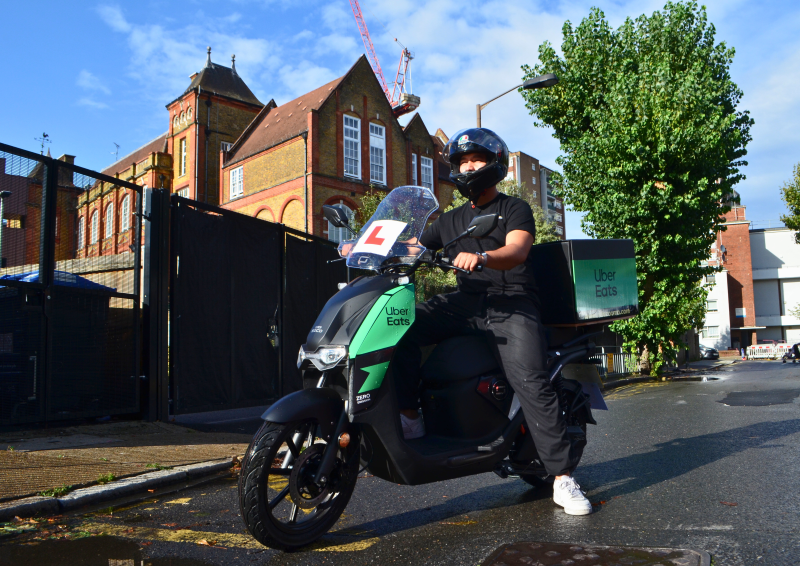Electric bikes have ushered in a new era of urban mobility in India, offering eco-friendly and cost-effective transportation solutions.
However, the question of whether one needs a driver’s license to ride these electric vehicles often lingers. Over the past decade, the central government has introduced a range of initiatives aimed at promoting the adoption of electric vehicles (EVs) in the country. These measures include tax incentives for EV owners, the development of public EV charging infrastructure, and more, all aimed at facilitating the widespread adoption of electric vehicles.
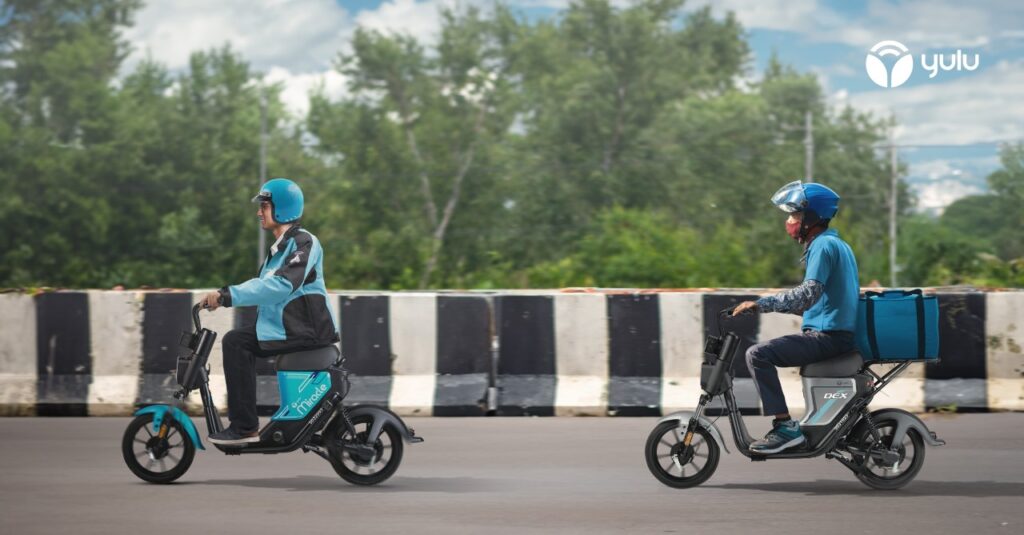
In this comprehensive guide, let’s understand the regulations surrounding low-speed electric bike licenses in India and shed some light on the legal framework. We’ll explore the real-world implications of these regulations, particularly focusing on how Yulu, as a pioneering shared low-speed electric mobility brand, has revolutionised urban transportation. So, fasten your seatbelts (or helmets, in this case) as we embark on this electrifying journey!
A Global Shift Toward Electric Bikes
The electric bike revolution is not confined to India alone. Globally, this growth trend shows no signs of decelerating. Remarkably, electric bikes have currently overtaken cars as the best-selling type of electric vehicle (EV) worldwide. This remarkable shift reflects the growing recognition of electric bikes as a sustainable and accessible mode of transportation.
Understanding the Legal Framework
Electric bikes, especially Low-Speed Electric Vehicles (LSEVs), have taken the streets of India by storm. Unlike their gasoline-powered counterparts, LSEVs are eco-friendly and affordable and can be driven without a driver’s license. This raises an intriguing question: what distinguishes an electric bike from a conventional motorised vehicle?
Indian Laws Regarding Low-Speed Electric Bikes
In India, LSEVs fall under the category of Non-Motorised Electric Bicycles (NMEBs). As per the Central Motor Vehicles Rules (CMVR) Act, NMEBs do not require registration or licenses, especially if they are LSEVs like Yulu.
However, it’s important to note that these rules apply to electric bikes that meet specific criteria:
- Power and Speed Limits: LSEVs, including electric bikes, adhere to a specific set of criteria. They feature a capped maximum speed of 25 kilometres per hour (15.5 mph) and a maximum power output of 250 watts. Any electric bike exceeding the specified limits would be categorised differently (as LMVs or Light Motor Vehicles).
- Age Restrictions: While electric bikes are generally accessible to a broader age group, it’s best to consider a necessary minimum age for riding motor vehicles in India. While traditional motorbikes and scooters typically require riders to be at least 18 years old, riders as young as 16 can use gearless electric bikes.
- Insurance: While not mandatory for electric bikes under the NMEB category, having comprehensive insurance for your electric bike is advisable, especially if your electric bike exceeds the specified power and speed limits. Comprehensive insurance provides coverage for theft and damage, ensuring added protection.
- Registration and Licensing for Powerful E-Bikes: To qualify as an electric bike without a license, it must be an LSEV like Yulu bikes. It’s crucial to understand that electric bikes exceeding the specified power and speed limits fall into a different category, often requiring registration and licensing.
Elevating Urban Mobility with Yulu
Yulu has redefined urban mobility in India by bridging the gap between convenience and sustainability. Our shared LSEVs are inclusive, providing a diverse population with easy access to affordable and eco-friendly transportation. The process of obtaining a licence or other relevant legal documentation can act as a barrier to many, like delivery executives, who wish to access easy mobility. By championing low-speed electric bikes, Yulu addresses the need for accessible and sustainable mobility solutions while also contributing to reducing congestion and pollution in our cities.
Shared LSEVs’ Role in Building Future-ready Cities
As urbanisation continues to increase, cities are grappling with the challenges of accommodating growing populations. In response, city planners are recognising the need to adapt their infrastructure to cater to evolving mobility requirements. While it’s not feasible to address all legacy infrastructural issues through entirely new solutions, a pragmatic approach involves embracing future-ready solutions that can coexist with upgrades to existing infrastructure.
Why Micromobility?
- Seamless Integration: Technology-driven shared micro-mobility solutions seamlessly complement high-speed and comfortable mass public transit systems like metros and buses.
- Resource Optimisation: Micromobility and multi-modal connectivity, such as shared e-mobility, offer efficient resource utilisation in urban areas, and reduce stress on limited city infrastructure.
- Environmental Benefits: Shared e-mobility contributes to reduced pollution levels in cities, offering a sustainable solution that promotes environmental well-being.
- Data Insights: Data analysis is key to smart city planning. Data collected from micro-mobility services like Yulu can provide valuable insights into traffic patterns, user behaviour, and popular routes.
- Enhancing Connectivity: Shared e-mobility services serve as vital links for first and last-mile connectivity, significantly benefiting a large portion of the urban populace.
Embracing micro-mobility solutions represents a forward-thinking approach to addressing the mobility needs of rapidly growing cities while minimising the strain on existing resources. This approach is essential for building adaptive and efficient smart cities of the future.
Deciphering Electric Bike Laws: The Final Verdict
Navigating the regulations surrounding electric bike driving licenses in India has never been more straightforward. Thanks to the LSEV classification, many riders can enjoy license-free commutes on their electric bikes. However, it’s essential to consider factors like insurance and age requirements.
As the global shift toward electric bikes gains momentum, Yulu has emerged as a pioneer in shared electric mobility, providing millions of users with a hassle-free and sustainable way to navigate bustling cities. By embracing low-speed electric bikes, individuals can contribute to a greener, more accessible urban future.
This article was originally published by Yulu.


